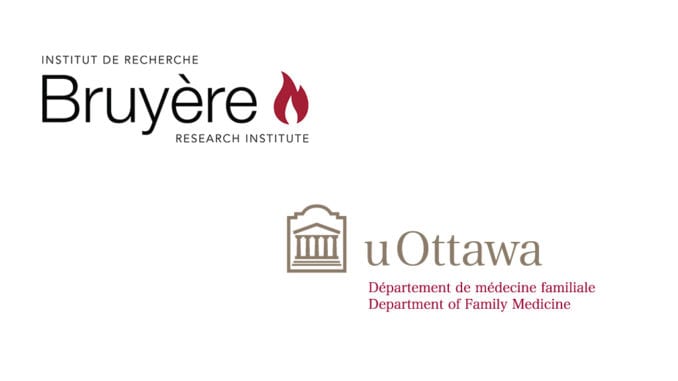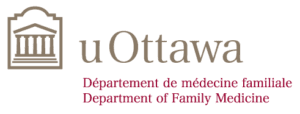


FOR IMMEDIATE RELEASE
Ottawa, ON., Jan. 22, 2018 — A universally accessible medication information reference could help reduce medication misuse and errors, and even save lives. A Canada-based research group has been working to identify ways to increase the availability and standardization of medication information to health care providers, patients, and families.
The Rational Therapeutics and Medication Policy Research Group (RTMP), whose work focuses on medication appropriateness and access, have identified gaps in access to Canada’s existing medication information resources. This can result in inappropriate prescribing and medication misuse. Although these resources do exist, they are not universally accessible, not designed for both physician and patient use, there are no quality standards regulating them, and physicians are usually required to pay for these out-of-pocket, either directly or through membership fees.
Coinciding with these concerns, the RTMP —in collaboration with Bruyère Research Institute, the University of Ottawa Department of Family Medicine, and a number of other stakeholders — have released a report summarizing the results of a Canadian Institutes of Health Research-funded national stakeholder roundtable. The goals of this symposium were to identify the medication information needs of Canadians, examine current resources available, review international examples, and determine ideal resource characteristics based on the needs of patients and healthcare providers.
“All health care providers in Canada should have universal access to the same, high-quality medication information, and right now, they don’t. This is deeply concerning,” explains Dr. Lise Bjerre, the RTMP investigator leading the project, and Clinician-Investigator with the University of Ottawa and Bruyère Research Institute.
Close to 25 per cent of harmful events that patients present within hospitals are related to medication errors – this is unacceptable and preventable. In turn, the RTMP calls on the federal government for support. The report suggests that the federal government fund universal access to high-quality medication information that meets the needs of both health care providers and patients in Canada.
These recommendations come from a diverse group of voices across Canada, from a variety of health care and patient organizations, associations, and institutes. Endorsers and supporters of the vision and recommendations put forward in the report include the Canadian Patient Safety Institute, Canadian Medical Association, Canadian Nurses Association, Canadian Pharmacists Association, the Institute for Safe Medication Practices Canada, National Pensioners Federation, and Canada Health Infoway – just to name a few.
“Countries like the Netherlands, Australia, and Denmark identified access to medication information as a central component of high-quality, patient-centered care, and they are global innovators and leaders in this field,” stated Dr. Bjerre. “It is about time for Canada to catch up.”
For more information, the full report is available online.
– 30 –
For more information, please contact:
Stéphanie Girard
Director Marketing, Communications and Community Engagement, Bruyère Continuing Care
43 Bruyère St. Ottawa, Ontario K1N 5C8
613-562-6262, ext. 4022
sgirard@bruyere.org
About the Bruyère Research Institute
The Bruyère Research Institute supports investigators who contribute to a better, more responsive health care system that delivers the best care to patients and families. The Institute is a proud partner of Bruyère Continuing Care, the University of Ottawa and others and provides solutions to improve the health and health care of aging and frail Canadians. The Institute’s research focuses primarily on evidence, health system evaluation, brain health, geriatrics and rehabilitation, and primary care.
About the University of Ottawa Department of Family Medicine
The University of Ottawa Department of Family Medicine is a leader in primary care research and education. With a faculty of over 500 and a dedicated administrative team, we offer a wide range of teaching programs in both urban and rural settings in both official languages. The C.T. Lamont Primary Health Care Research Centre, established in 2000, is the research arm of the Department, and is a national leader in primary health care research. Our residents and faculty are engaged in scholarship and research that advances the quality and delivery of primary care for all Canadians.
